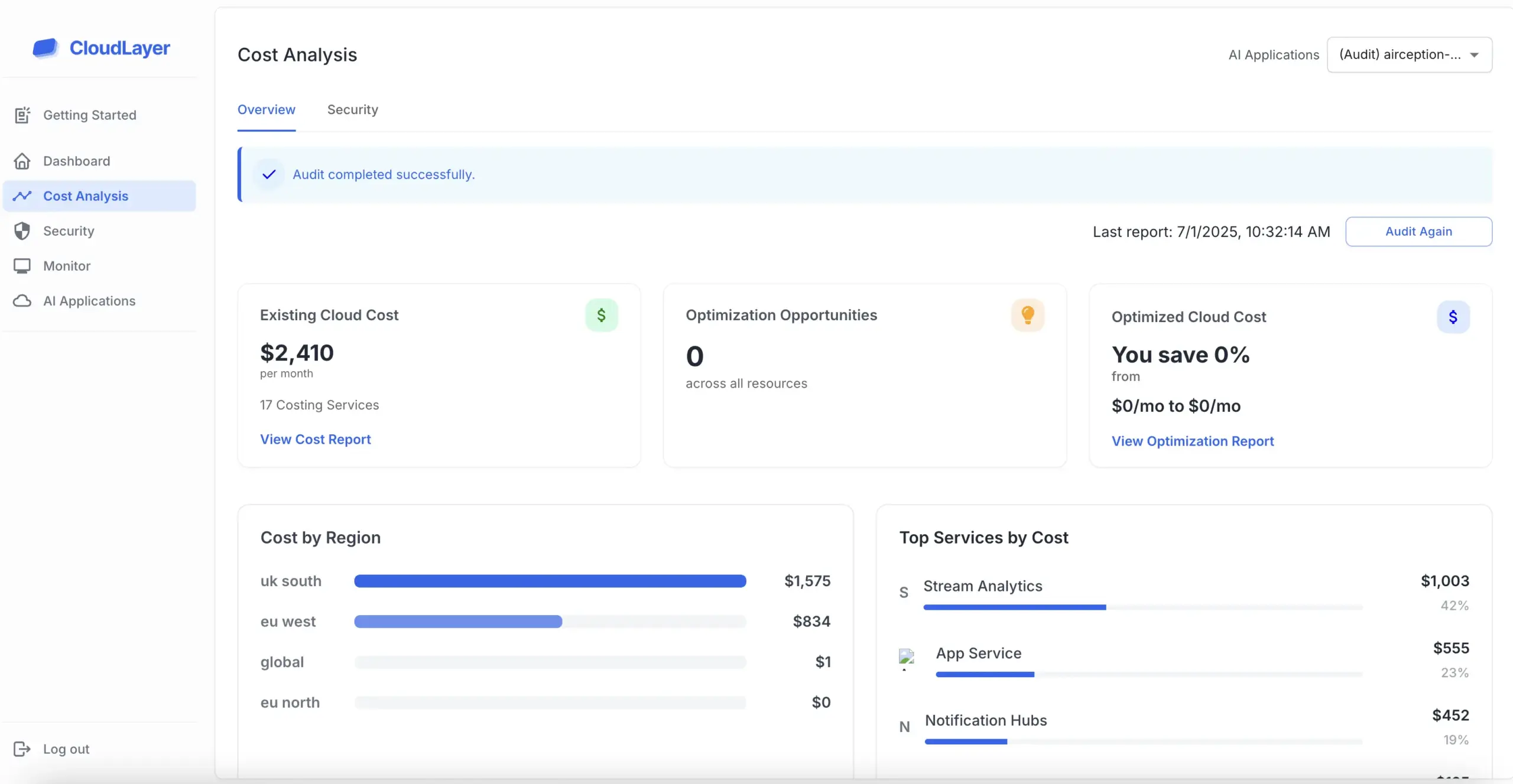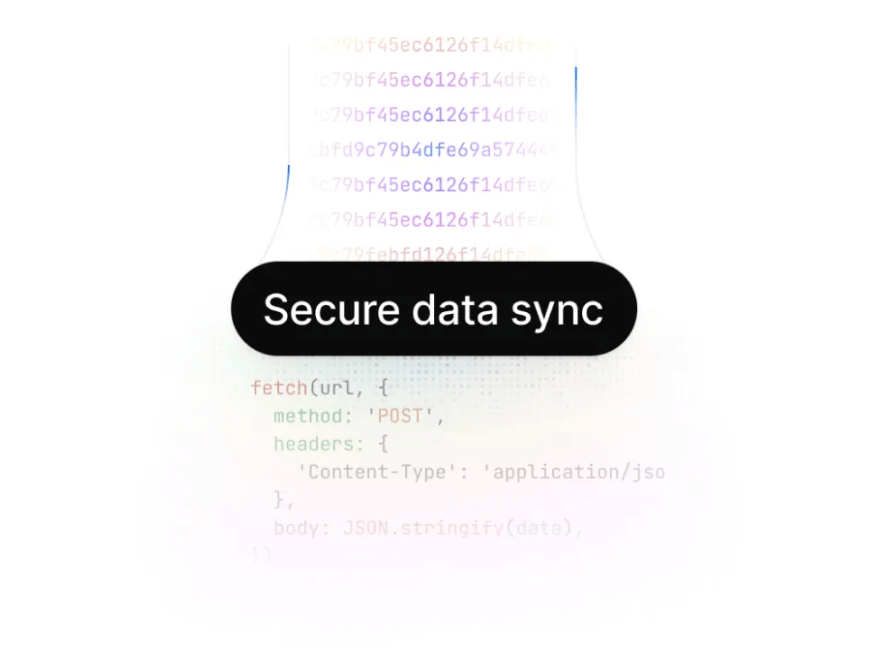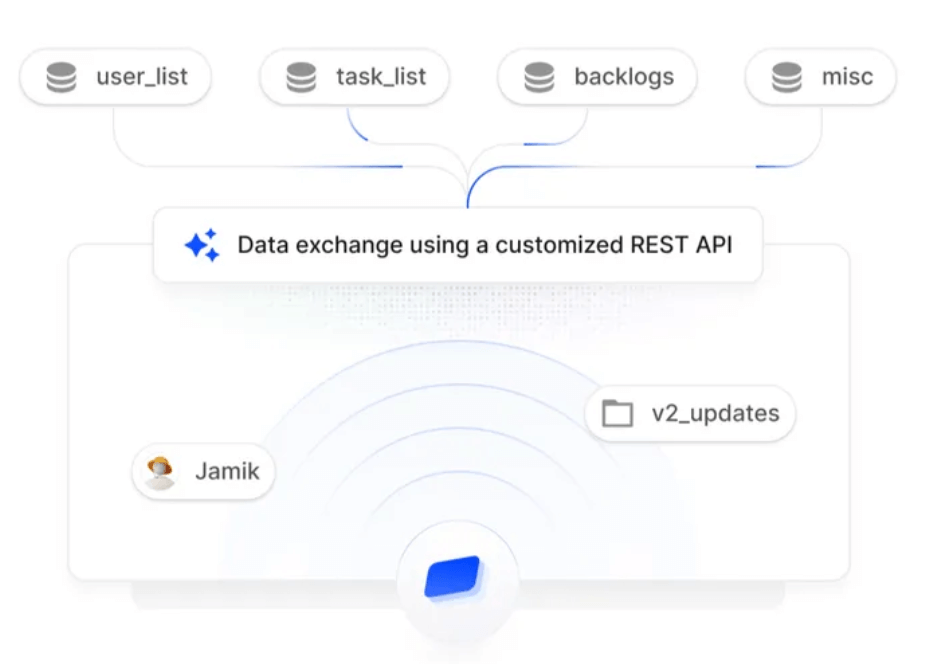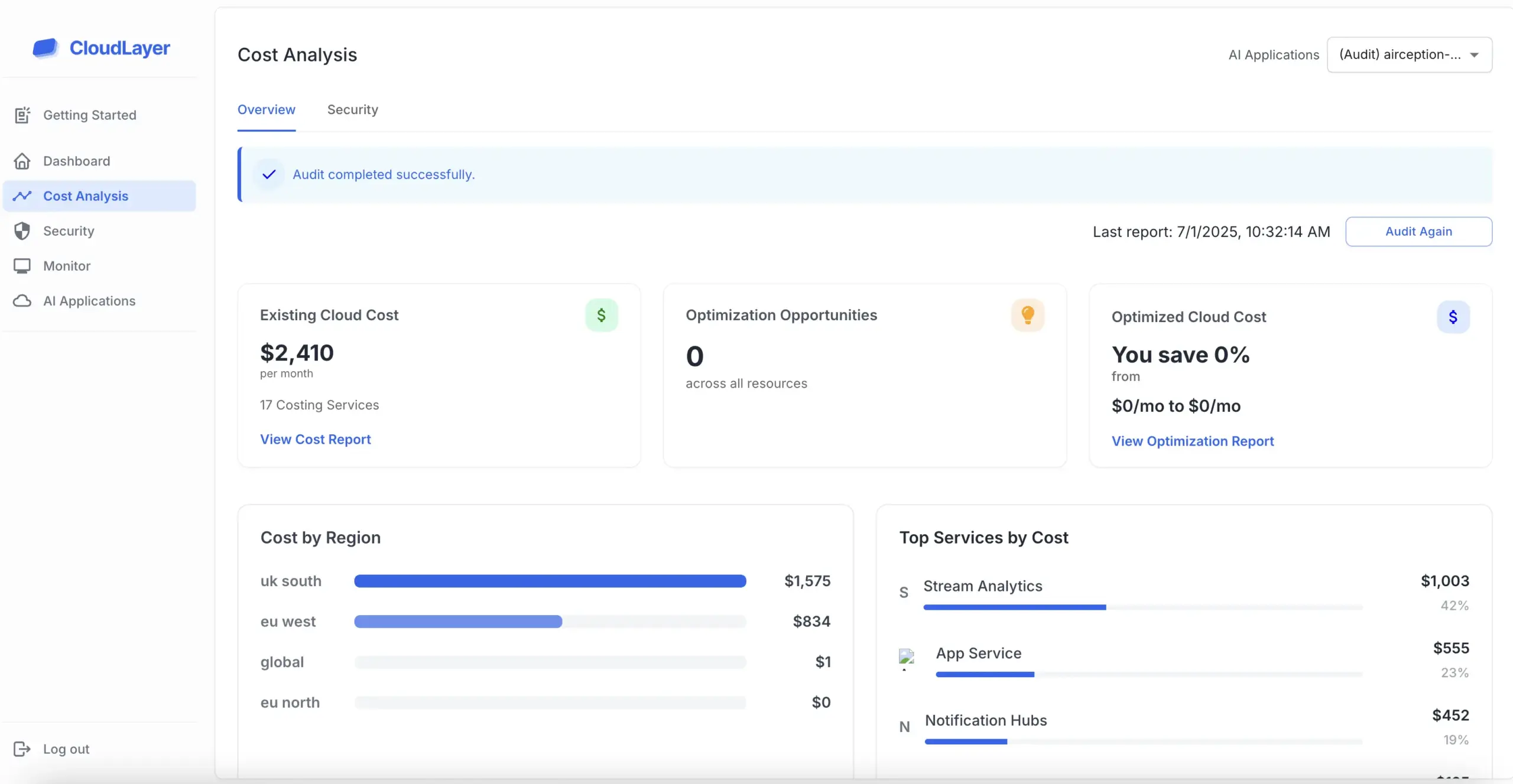

HIPAA compliance is vital for safeguarding patient privacy and maintaining the integrity of the healthcare system. By enforcing strict guidelines on the handling of personal health information, HIPAA helps to prevent data breaches and unauthorized access.

HIPAA compliance encompasses several critical components, including the Privacy Rule, Security Rule, and Breach Notification Rule. Each of these elements plays a role in ensuring that health information is protected and handled with care.

To achieve HIPAA compliance, organizations must conduct a thorough risk analysis, implement proper safeguards, and train their employees on privacy practices. Regular audits and updates to policies are also essential to maintain compliance.

The consequences of failing to comply with HIPAA can be severe, including hefty fines and legal repercussions. Organizations may also suffer reputational damage, which can impact patient trust and their overall business.

